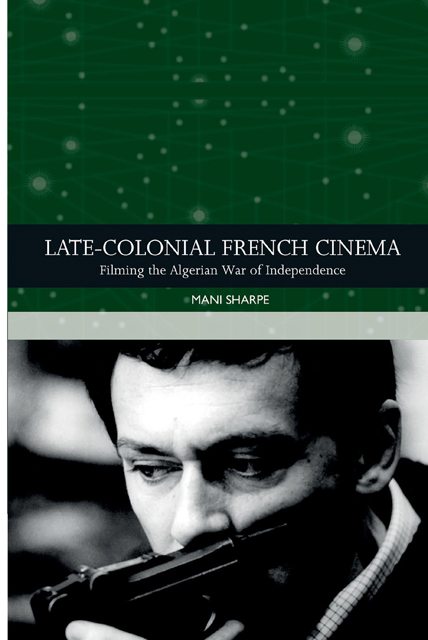4 - Ex-resistants, Conscientious Objectors and the Ethics of Memory
Published online by Cambridge University Press: 13 April 2023
Summary
‘We live by forgetting our metamorphoses.’ This obtuse epigraph – included as an extradiegetic insert at the beginning of Jacques Doniol-Valcroze’s La Dénonciation/The Denunciation (1962), although plucked from a poem published by Paul Eluard in 1946 – is a fitting precursor to the dialectic of remembering and forgetting that I associate with the two case studies of this chapter: Doniol-Valcroze’s film and Claude Autant-Lara’s Tu ne tueras point/L’Objecteur/ Thou Shalt Not Kill (1963).For if both works were released at the end of the Algerian War of Independence, and if they both expose us, disquietingly, to some of the most violent crimes committed during the Occupation of France (1940– 4), crimes encroaching on the unthinkable, yet mediated in the films through thought, then they both erect what is ultimately a reassuring, even idealised, vision of the late-colonial present, in which French citizens shed the guilt of the war in order to embrace, vindicated and virtuous, the bliss of the future. Peace is paramount, the two films proclaim, as their protagonists waver and falter, between states of pathological anamnesis and redemptive amnesia.
This chapter will essentially aim to straddle two critical trends in memory studies, one of which is anchored in notions of disclosure, justice and remembering, the other, in notions of denial, injustice and forgetting. As for the former, recent discussions regarding the poetics and aesthetics of memory (Rothberg 2009; Silverman 2013) have done much to draw attention to the significance of a figurative trope used by many French and francophone thinkers working in the 1950s and early 1960s. At once spatial and temporal, this trope was premised upon the pervasively held belief that the atrocities being perpetrated by the French army in French Algeria during the late 1950s and early 1960s, for example torture, were justifiably comparable to the atrocities that had been perpetrated during the rise of National Socialism in the 1930s and early 1940s by various German organisations. These included: the Wehrmacht (a coupling of the German army, air force and navy); the Schutzstaffel, or SS (a paramilitary group consisting of hard-line supporters of Nazism); and the Gestapo (the secret police). As Jean-Paul Sartre pithily put it: ‘colonialism over there [in Algeria], fascism over here [in France]: one and the same thing’ ([1962] 2001: 73).
- Type
- Chapter
- Information
- Late-Colonial French CinemaFilming the Algerian War of Independence, pp. 105 - 132Publisher: Edinburgh University PressPrint publication year: 2023

